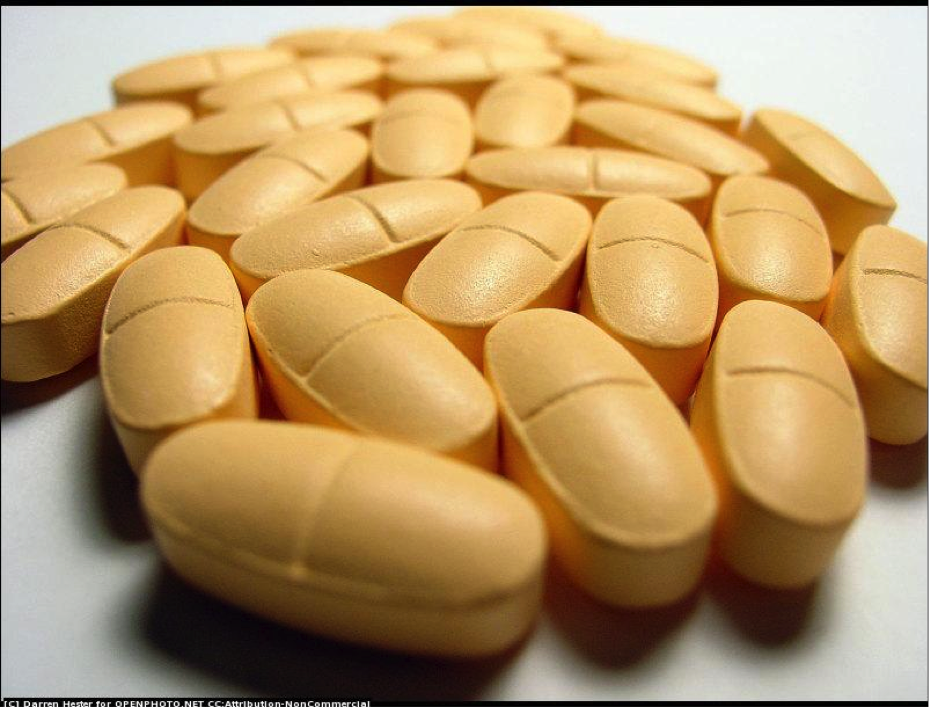
END7 at NU is a budding student group at Northeastern that is in the process of becoming official. END7 at NU is a chapter of the larger nonprofit, END7, which is working to eliminate seven neglected tropical diseases (NTDs) by the year 2020. One in six people in the world are living with NTDs, which are different kinds of parasitic or bacterial diseases infecting their bodies. The effect is detrimental at best — deadly at worst — and perpetuates the poverty cycle in developing countries; children are prevented from attending schools and adults are prevented from working. The disabilities associated with NTDs are stigmatized within many rural communities and isolate those with poor health. Using mass drug administration techniques, the end of NTDs can be achieved. One packet of pills each year treats and protects children and adults from all seven NTDs. The medicine is donated by large pharmaceutical companies, and it costs only 50 cents per packet to distribute. Less than a dollar can protect a child from debilitating diseases for one year. END7 is working to increase awareness of NTDs in the developed world, raise funds to administer the drugs, and encourage the leaders of the world to take a stand against this injustice. If we all join in the fight, “Together we can see the end.”
If you want to help or get involved, visit: http://www.end7.org/support
Imagine a little girl named Neema who lives in a small Kenyan village with no roads or hospitals. She shares a home with her five siblings, her mother, and her grandmother, all of whom she loves very much. Like any other six-year-old child, she loves to play and dance outside with her older sister. Neema loves to go to school and is at the top of her class; she dreams of studying animals one day.
However, Neema has been unable to go to school recently and is too tired to play with her sister. For the last four years she has been feeling weak and sick. It began with cramps but has since developed into a swelling in her abdomen, constant diarrhea and nausea, and malnutrition. Her mother reports that when Neema sleeps, “worms crawl out of her and dance all around her” [1].
Neema has ascariasis.
Ascariasis is a disease caused by a parasitic roundworm that lives in the infected person’s intestines. Neema is one of 1.2 billion people around the world who are suffering from ascariasis; most of those who are afflicted with the disease are children between the ages of three and eight because of the way it is transmitted [1]. The parasitic eggs can be ingested through contaminated meat, soil, and water. The eggs travel through the body and finally settle in the small intestine where they can live for two years and continue to lay more eggs – sometimes more than 240,000 a day (1). Although a small infection does not always lead to serious symptoms, most commonly small infections lead to the worms breeding until the number of worms in the body can become extremely damaging.
Ascariasis is the most common worm infection in the world, disabling almost one eighth of the infected population with symptoms that include wheezing, fever, vomiting, malnutrition, severe abdominal pain, and in rare cases, pneumonia and intestinal blockage. The infection can impair people’s ability to work and prevent them from working altogether [1]. This can lead to unemployment and poverty and proliferation of poor sanitary environments – causing further infection. For children, like Neema, this means that they cannot go to school and so without education they have no way of raising themselves out of this cycle of disease and poverty.
Many pharmaceuticals companies have donated over 1.2 billion tablets that would be able to kill off any roundworm for a year [1.] With this treatment children like Neema can go back to school and have their childhood back. Adults can return to working and caring for their families. The only step left is to transport the medication to centers of the community. Communities can be made whole again if everyone can be treated effectively.
Itxaso Garay
Biochemistry ’18
References:
[1] Global Network. 2014. “Ascariasis.”http://www.globalnetwork.org/ascariasis Web. 23 Mar. 2014


